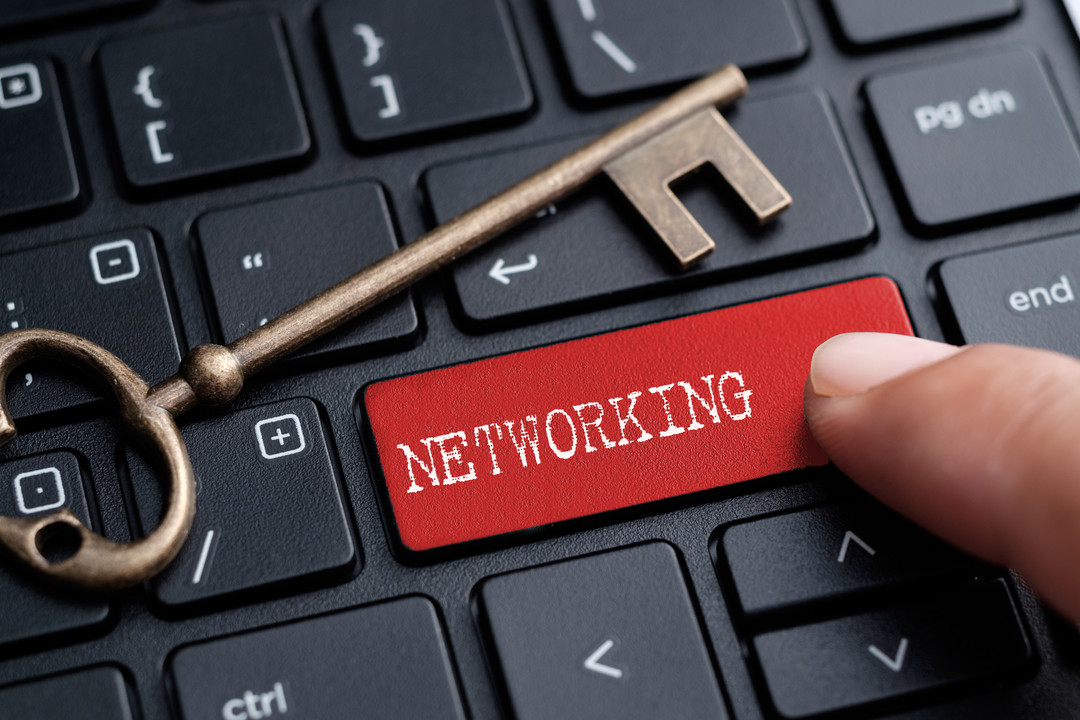
Why Do Women Build Less Effective Networks Than Men Do?
A new study was recently released by the journal Human Relations titled “Why Women Build Less Effective Networks Than Men: The Role of Structural Exclusion and Personal Hesitation.” As authors Elena Greguletz, Marjo-Riitta Diehl, and Karin Kreutzer (2018) explained, many studies have shown that women’s professional networks, compared to men’s, are often less effective and powerful, particularly in terms of benefits exchanged. These scholars wanted to dig deeper and figure out why.
Background
Greguletz and her team interviewed 37 female leaders in Germany, all of whom were on executive boards, occupied top leadership positions, or were successful entrepreneurs and had previously served in top management positions. Rigorous qualitative research methods were followed and explained in detail in the published report, so I have confidence in their findings. They framed their research to explore some of the extrinsic (i.e., external, outside) and intrinsic barriers (i.e., inside oneself) to effective networking for women.
Results
The research team first explored “structural exclusion” as a potential extrinsic barrier to powerful and effective networking. To do this they looked at two elements: work-family conflict and homophily in professional networking.
- Work-family conflict emerged as a central theme in the 37 interviews. Family responsibilities (e.g., child rearing, household duties) did decrease women’s availability to attend weekend and informal after-work get-togethers, which seemed to be important elements of networking opportunities. Greguletz and her team were surprised to find that the “mere anticipation of a work-family conflict causes women to shy away from continuing their careers and thus from engaging in career networks” (p. 14).
- The second theme, homophily in professional networking, also came through as a key reason why women confront challenges in effective networking. You may ask, what is homophily? It is the principle that people prefer to interact with others who are like them. For example, men like to interact with other men as they can supposedly communicate with them easier and they find their behaviors as more predictable; hence, they can develop trusted relationships more easily. This study (and previous studies) also found that “women are often-times excluded from informal social circles of powerful males, and are consequently disadvantaged when it comes, for instance, to receiving influential mentoring and social support from colleagues” (p. 19). The researchers found that it is the subtler signs of exclusion, not the more official discrimination, that negatively affects women’s networking potential.
Next, Greguletz, Diehl, and Kreutzer investigated two potential intrinsic barriers in a category they termed “personal hesitation”: the role of relational morality and the role of gendered modesty:
- The relational morality plays out when women are uncomfortable with engaging in networking events that they perceive are designed to exploit others. They called it “instrumental networking,” when the whole point of the gathering is to “wheel and deal” or “give and take.” The women in this study preferred more authentic and honest relationships. Hence, they have personal hesitation to “instrumentalize networks to their own advance while not knowing whether they are able to return favours align with and extend previous knowledge on networking” (p. 20).
- Finally, the gendered modesty theme that emerged suggests that women underestimate the value of what they do and what they can contribute, and so they are hesitant to engage in networking. This aligns with previous research on self-doubt, negotiation, confidence, gendered socialization, and expectations of women based on social norms.
Concluding Thoughts
There you have it—some well-researched reasons why women don’t network as well as men do in ways that strategically benefit their careers. I believe this is important research, and I encourage you to read the full article as there are many more details that can be valuable in understanding this phenomenon. We (as women) are socialized to undervalue our worth and our capabilities, and this is not right! Knowing this information will help me look at my own internal and external barriers to see if I am networking in ways that are effective. Women need powerful and effective networks to expand our positive influence in our communities, organizations, governments, and beyond; and this article can help us figure out how to do that better!
Prof./Dr. Susan R. Madsen is a global thought leader, author, speaker, and scholar on the topic of women and leadership. She is also the Orin R. Woodbury Professor of Leadership and Ethics in the Woodbury School of Business at Utah Valley University and the Founder of the Utah Women & Leadership Project.
I help entrepreneurs & career changers take their LinkedIn profiles from Blah to Magnetic to make a fabulous first impression | LinkedIn Coach | Speaker
5yThank you for providing the summary. It provides relevant points, although I agree with Eivind that having a control group of males would have made for a more sound study.
Managing Partner Farra World DXB
5yinteresting
The study would have made more sense if 37 males was interviewed as well. Some of the points for female also applies to male networking.
Gicante Associates
5yArticle reinforced for me that women prefer more authentic and honest relationships rather than "instrumentalizing " networks. Time to reflect on how women can better advance themselves while continuing to be authentic /honest. Thanks for sharing.
Public Policy Analyst | Program Coordinator | Research
5yYou'd think women would be stronger at this than men due to women being more relationship prone and men more task oriented. I had no idea this was the case.